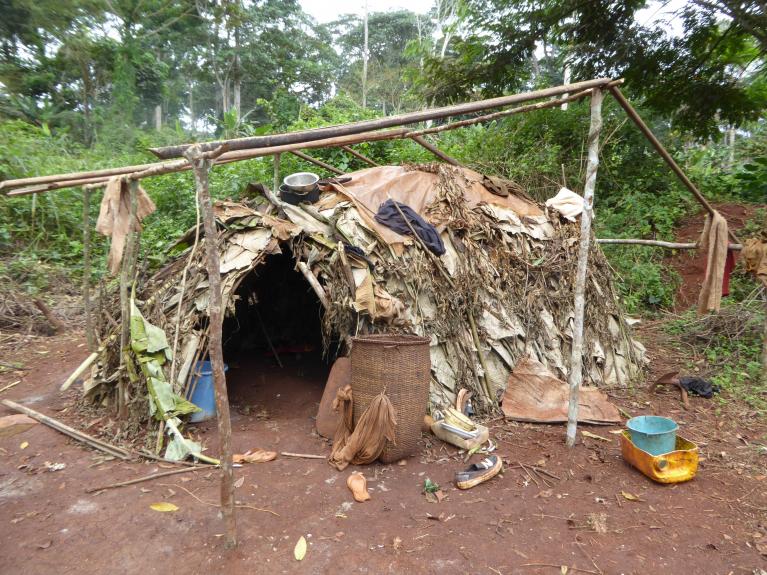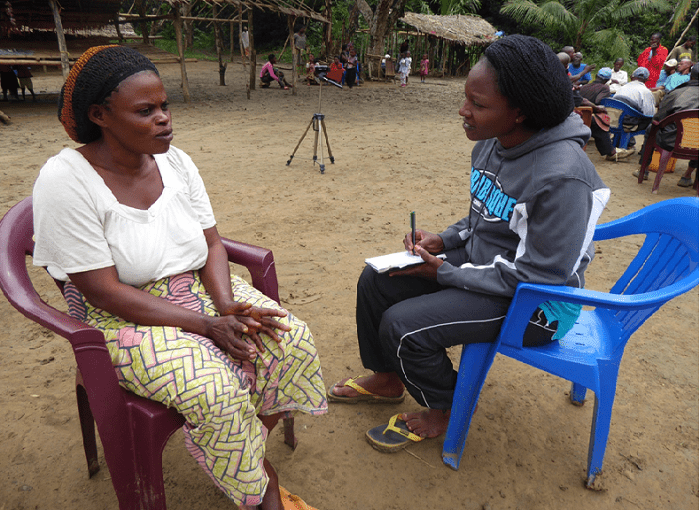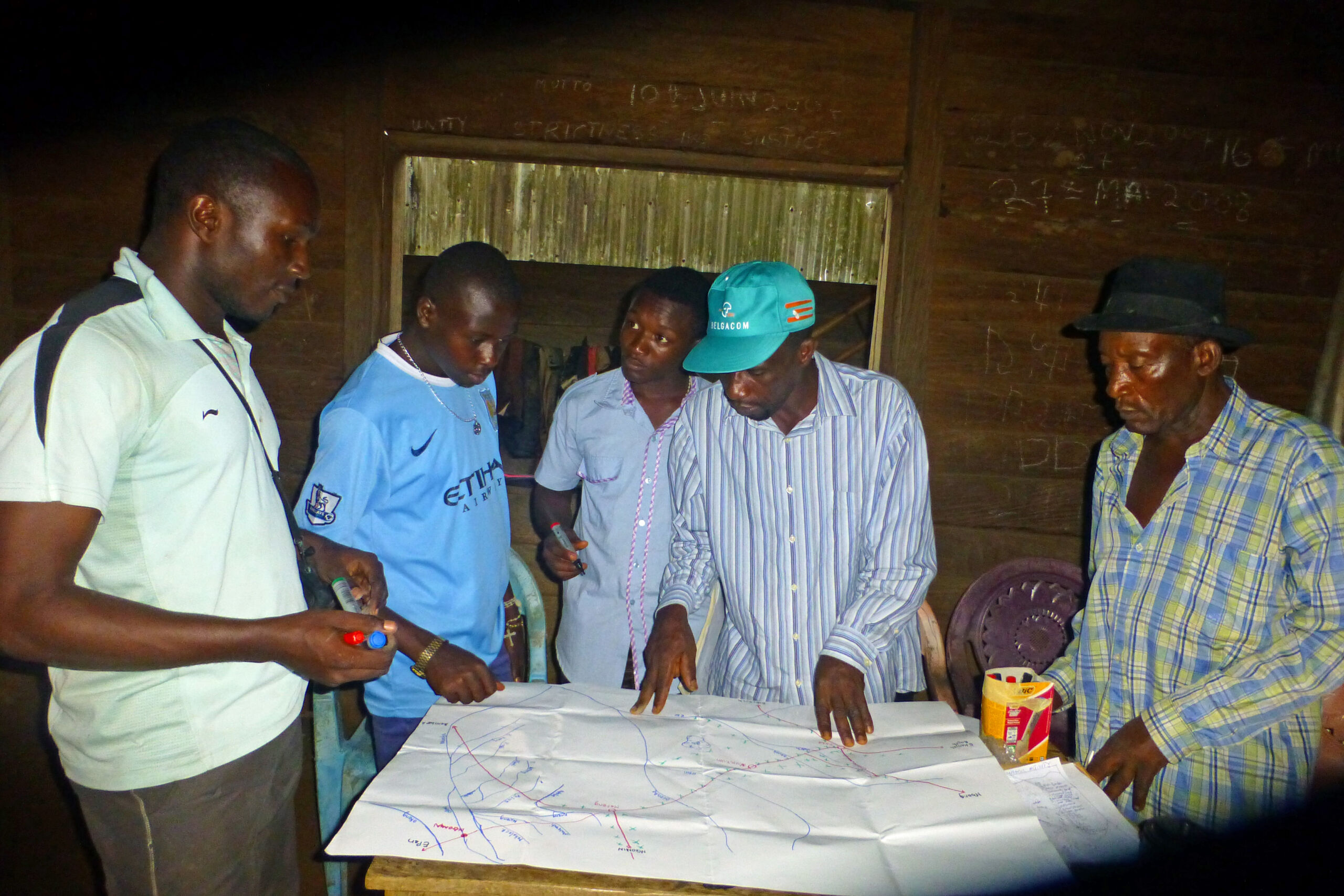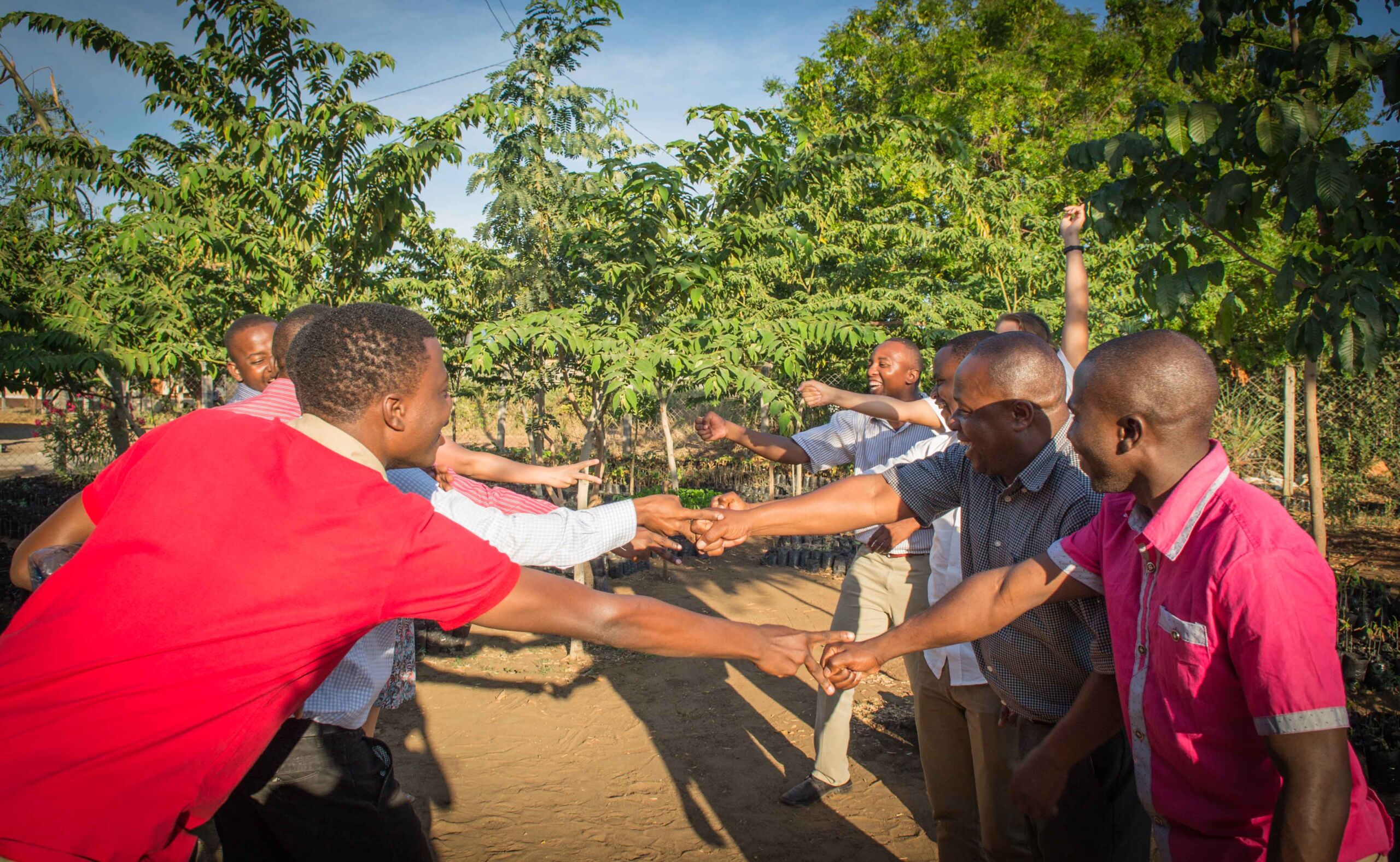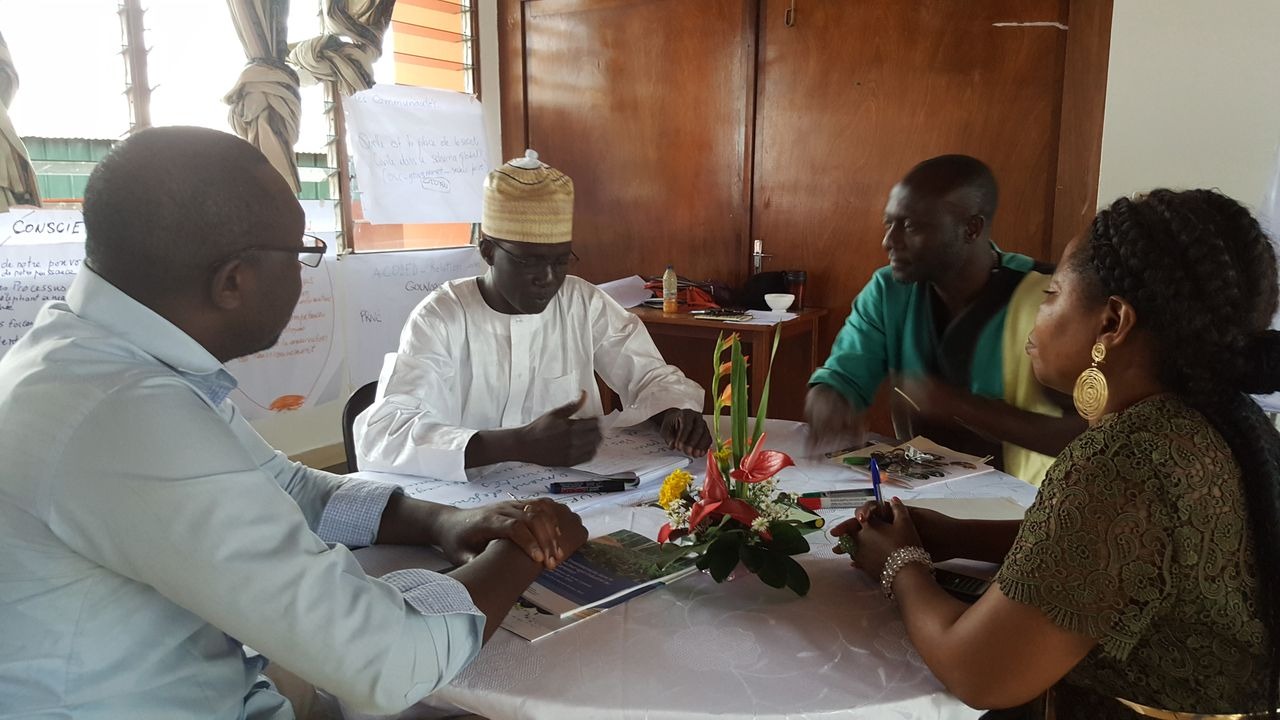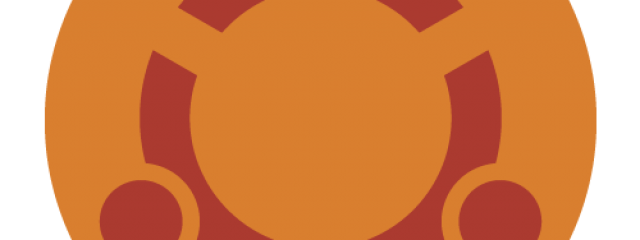How to set good indicators for your projects
More and more, our donors, beneficiaries and the general public are requesting rigorous and objective evidence of the efficiency of our action. Beyond accountability requirements, good indicators also help us to assess the quality of our programmes, and correct them if necessary. In this article, you’ll find a few tips to define and use indicators in the conception and follow-up of your projects, while avoiding the most common mistakes! But to start with… What is an indicator? An indicator is a factor or a variable that can be measured objectively. It is, used to reliably assess the changes obtained or the [...]
